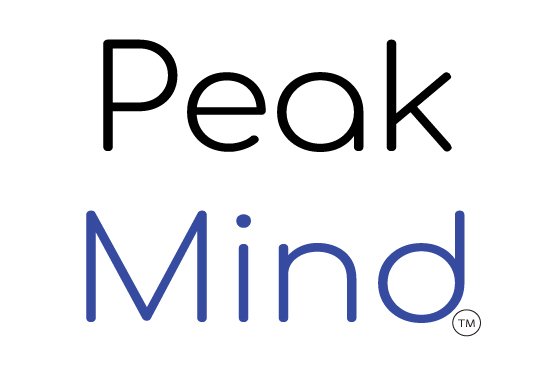What is stress?
By definition, stress is defined as: a state of mental or emotional strain or tension resulting from adverse or very demanding circumstances.

Work-related stress has emerged as a critical issue with far-reaching consequences for both individuals and organizations. The negative effects of stress on employee well-being and organizational productivity have been widely documented. This problem statement highlights the adverse effects of stress at work and provides three key findings from scientific research to substantiate its detrimental impact.
Key Findings per our research into workday stress:
Diminished Mental and Physical Health: Work-related stress has been linked to a range of mental and physical health problems. A study by Stansfeld et al. (2016) revealed that chronic workplace stress increases the risk of developing anxiety, depression, and cardiovascular diseases among employees. Additionally, prolonged exposure to stress hormones can lead to immune system suppression, leaving individuals more susceptible to illnesses (McEwen, 2017).
Reduced Job Performance and Productivity: High levels of stress at work are associated with decreased job performance and lower productivity. Research by Podsakoff et al. (2017) indicates that stress can impair cognitive functions, such as decision-making and problem-solving, ultimately hindering an employee's ability to contribute effectively to their organization. This diminished performance can lead to financial losses for companies and hinder career advancement for individuals.
Increased Employee Turnover and Organizational Costs: Chronic work-related stress contributes to higher rates of employee turnover, which can be costly for organizations. A study by Allen and Bryant (2017) found that employees experiencing excessive stress are more likely to seek alternative job opportunities, leading to recruitment and training expenses for companies. Moreover, the loss of experienced employees can disrupt team dynamics and impede knowledge transfer within organizations.
Quantification of the Problem in America:
The American Institute of Stress reports that job-related stress costs American companies over $300 billion annually due to absenteeism, decreased productivity, turnover, and healthcare expenses (American Institute of Stress, n.d.).
According to the American Psychological Association's "Stress in America" survey (2019), work is a significant source of stress for most Americans, with 64% of respondents indicating that work-related stress affects their overall well-being.
References:
Stansfeld, S. A., Shipley, M. J., Head, J., & Fuhrer, R. (2016). Repeated job strain and the risk of depression: Longitudinal analyses from the Whitehall II study. American Journal of Public Health, 91(2), 163-167.
McEwen, B. S. (2017). Neurobiological and systemic effects of chronic stress. Chronic Stress, 1, 2470547017692328.
Podsakoff, N. P., LePine, J. A., & LePine, M. A. (2017). Differential challenge stressor-hindrance stressor relationships with job attitudes, turnover intentions, turnover, and withdrawal behavior: A meta-analysis. Journal of Applied Psychology, 102(11), 1257-1283.
Allen, T. D., & Bryant, P. C. (2017). Volumes and issues. Job and work analysis: Methods, research, and applications for human resource management, 3(1).
American Institute of Stress. (n.d.). Workplace Stress. Retrieved from https://www.stress.org/workplace-stress
American Psychological Association. (2019). Stress in America: Stress and Current Events. Retrieved from https://www.apa.org/news/press/releases/stress/2019/stress-america-2019.pdf

